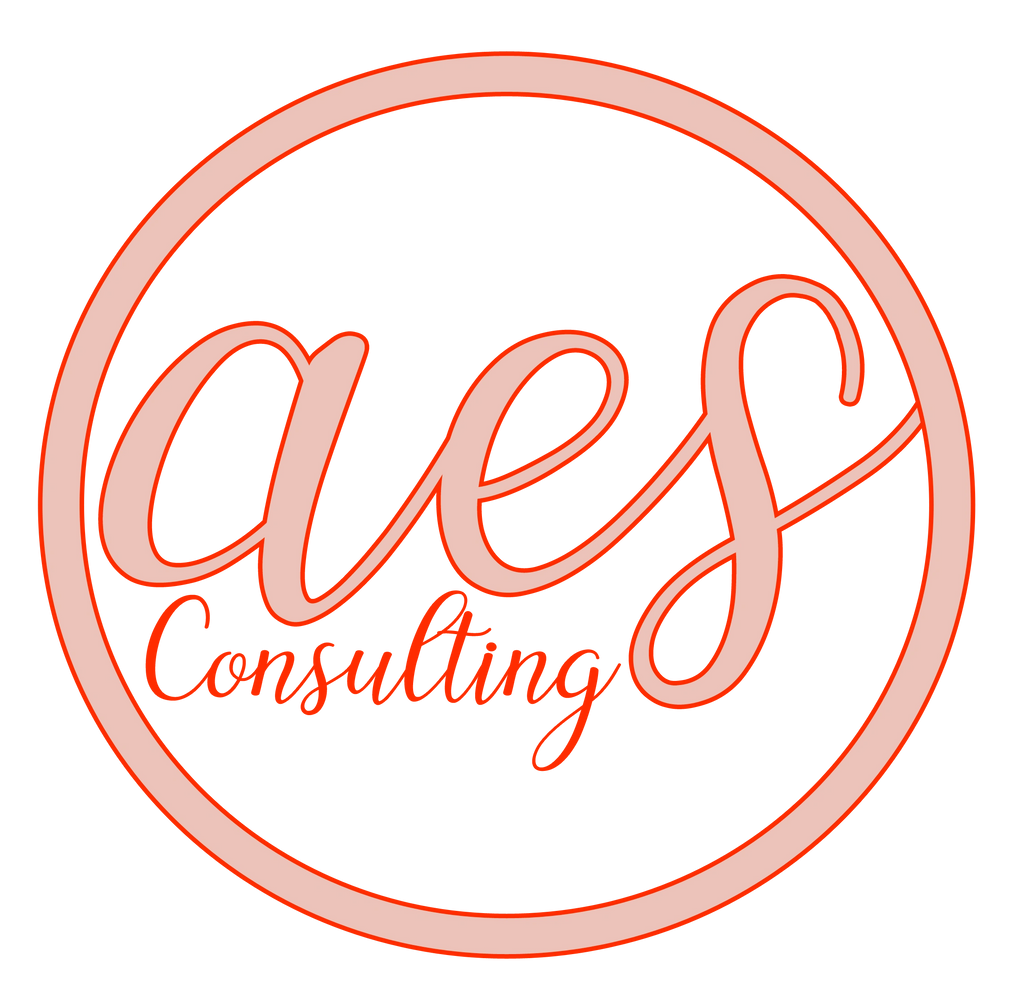
Why should consultants be hired? Here are some benefits: Expertise, Travel, Cost, and Intangible Results Find out if a consultant is right to you by reading on! Ask the experts questions! This article will discuss the many benefits of consulting as an occupation. A consultant with expertise is a good place to start. You will also discover other reasons you should be considering.
Intangible outcomes
Consultants create value for clients by instilling confidence in others at their request. Consultants are expected to charge more than an employee. Consulting can lead to happier clients, higher social standing, and greater perceived expertise. These are just a few ideas to increase the value of your consulting work. Your client relationships will be more enjoyable if you can provide tangible results. Clients will therefore pay more to get consulting services.

Expertise on a particular topic
Having expertise in a particular field can make the transition to consulting much easier. Specialized consultants often have a better job market than generalists. Top consulting firms are always in need of specialists. Experts must pass the same rigorous case interviews that generalists. However, experts often have an advantage over others who don't have specialized training. Experts are often paid more than generalists.
Consultants hiring costs
Sometimes, hiring managers make the fatal mistake of simplifying the financial analysis needed to hire a consultant. While hiring a consultant may be more costly than hiring an employee to do the same job, the actual costs are lower than that of an employee. For instance, consulting firms generally charge a lower hourly rate than employees. The cost of training an employee can be much lower than that of training a consultant.
As a consultant, you can travel
If you are traveling as a consultant for a project, you must be aware of the rules and regulations that govern travel time. Non-exempt consultants must travel for work. Consultants are paid for time they spend outside of their home. Federal and state regulations stipulate that travel time is paid based on where the Consultant was traveling from and the location of their personal residence. If the time spent away from home is during normal working hours, it is considered work time.

A knowledge management plan is developed for consultants
It will take time and money to determine your goals and objectives in order to create a knowledge management strategy for your business. Once you have established your goals and objectives, you can establish metrics to measure your knowledge-management program's effectiveness. This way, you'll be able to measure your success in real time, as well as your overall effectiveness. Knowledge management is a great way to increase your productivity and see results in a short time.
FAQ
What skills do I need for consulting?
Strong interpersonal and analytical skills are essential for consultants. This is because you could be asked questions or not know what you are doing. You must learn how to manage people and solve problems quickly.
Communication skills are essential. Most clients expect to hear back within 24 hours. If they don’t hear back, they assume that you aren’t interested. It's crucial to keep them informed and make sure they understand everything.
Do I have to pay tax on consulting income
Yes, you will need to pay tax on your consultancy profits. This amount will depend on how much you earn each year.
You can also claim expenses if you are self-employed. This includes rent, childcare, food, and transportation.
You can't deduct the interest on loans, vehicle damage, or equipment costs.
Only 25% of your expenses can be claimed back if you make less than PS10,000 annually.
Even if you earn more than the threshold, you could still be taxed depending upon whether you are classified as a contractor and/or employee.
The PAYE tax for employees and the VAT tax for contractors is generally paid as you earn.
What are the different types of jobs available for consultants?
Consultant work requires a deep understanding of business strategy, operations, and other aspects. You need to be able to comprehend how businesses function and how they fit in with society.
Being a consultant requires great communication skills and the ability think critically.
Consultants must be adaptable because they may be asked to do different tasks at different times. They should be able change direction quickly, if required.
They should be able to travel extensively for clients. This type of work can take you all around the globe.
They need to be able and able to manage pressure and stress. Consultants might sometimes have to meet tight deadlines.
Consultants might be required to work long hours. You might not always be paid overtime.
How much does it cost to hire a consultant?
Many factors go into determining how much it costs to hire a consultant. These factors include:
-
Project size
-
Time frame
-
Scope of work
-
Fees
-
Deliverables
-
Other considerations like experience level, geographical location, etc.
Which industries use consultants
There are many different types of consultants. There are many types of consultants. Some specialize in one type of business, while others can handle multiple areas.
Some consultants are limited to working for private corporations, while others can represent large corporations.
Many consultants also work internationally to assist companies from all corners of the globe.
Can anyone be a Consultant?
Consultants are people who help you reach your goals by giving advice about how to make it better, faster, or cheaper.
Consultants can help you resolve problems, make decisions, and negotiate with other people.
For specific tasks or projects, consultants are often hired.
Consultants are usually paid hourly, daily or per project.
How much do consultants make?
While some consultants make $100k+ per year, most consultants only earn between $25-$50k. An average consultant salary is $39,000 This includes hourly as well as salaried consultants.
Salary depends on the experience of the consultant, their location, industry, type and length of the contract (contractor or employee), as well as whether they have their own office or work remotely.
Statistics
- According to IBISWorld, revenues in the consulting industry will exceed $261 billion in 2020. (nerdwallet.com)
- So, if you help your clients increase their sales by 33%, then use a word like “revolution” instead of “increase.” (consultingsuccess.com)
- According to statistics from the ONS, the UK has around 300,000 consultants, of which around 63,000 professionals work as management consultants. (consultancy.uk)
- "From there, I told them my rates were going up 25%, this is the new hourly rate, and every single one of them said 'done, fine.' (nerdwallet.com)
- WHY choose me: Why your ideal client should choose you (ex: 10 years of experience and 6-week program has helped over 20 clients boost their sales by an average of 33% in 6 months). (consultingsuccess.com)
External Links
How To
What does a typical day look like for a consultant?
Each type of work will dictate the day's pace. But, in general, you will spend your time researching, planning and meeting new clients.
You will have many meetings where clients and you can discuss their issues. These meetings can be held over the telephone, online or face-to face.
It is possible that you will be asked to write proposals. These documents outline your ideas and plans, and are required by clients. You will need to discuss these proposals with a mentor or colleague before you present them to clients.
After all the preparation and planning, it's time to actually create some content. Writing articles, designing websites, editing photos or conducting interviews are just some of the options.
Depending on your project's scope, it may be necessary to do research to get relevant statistics. You might need to determine how many customers you have, and whether they buy more than one product.
Once you have all the information needed, it is time for clients to see your findings. Your findings may be delivered orally, or written.
Finally, you must follow up with clients after the initial consultation. For example, you might call them periodically to see how things are going or send emails asking them to confirm that they received your proposal.
This process takes time, but it's important to ensure that you stay focused and maintain good relationships with clients.